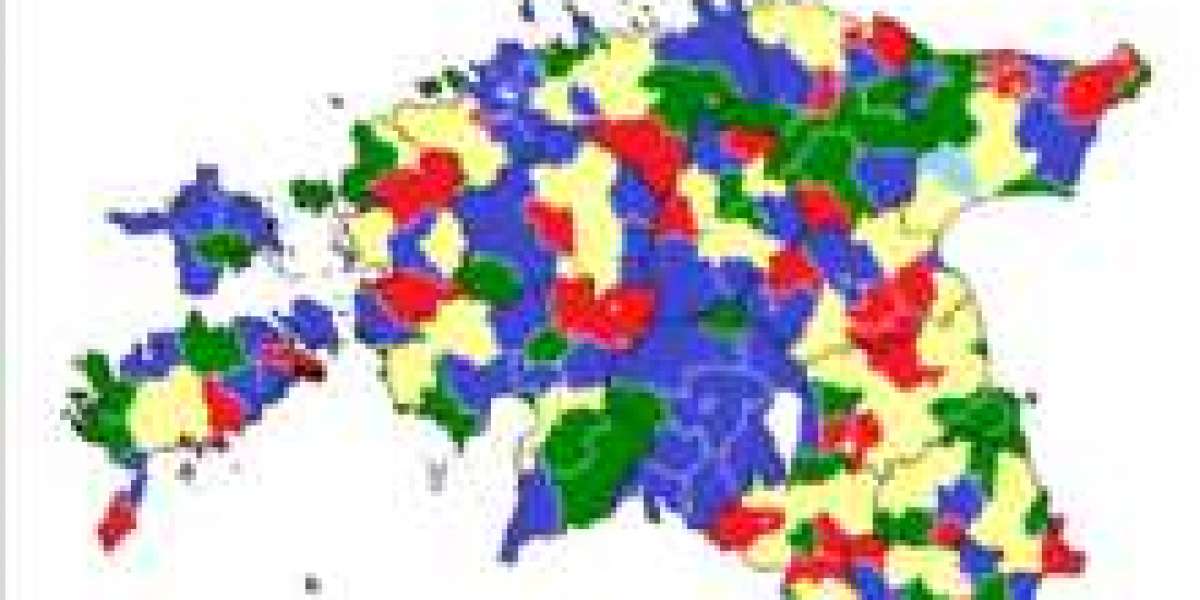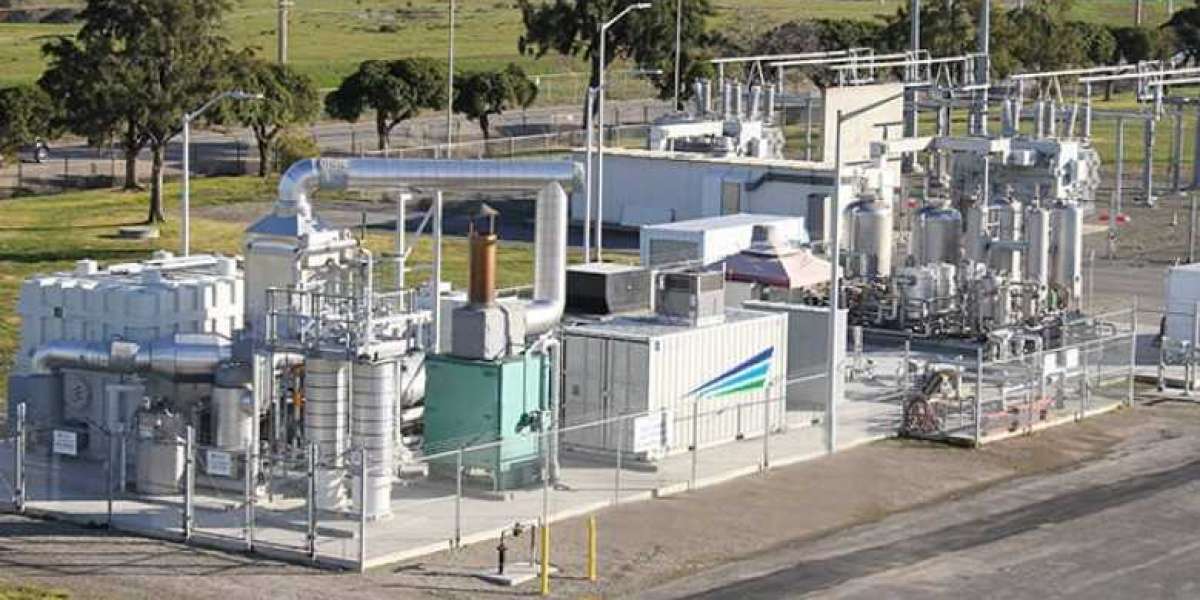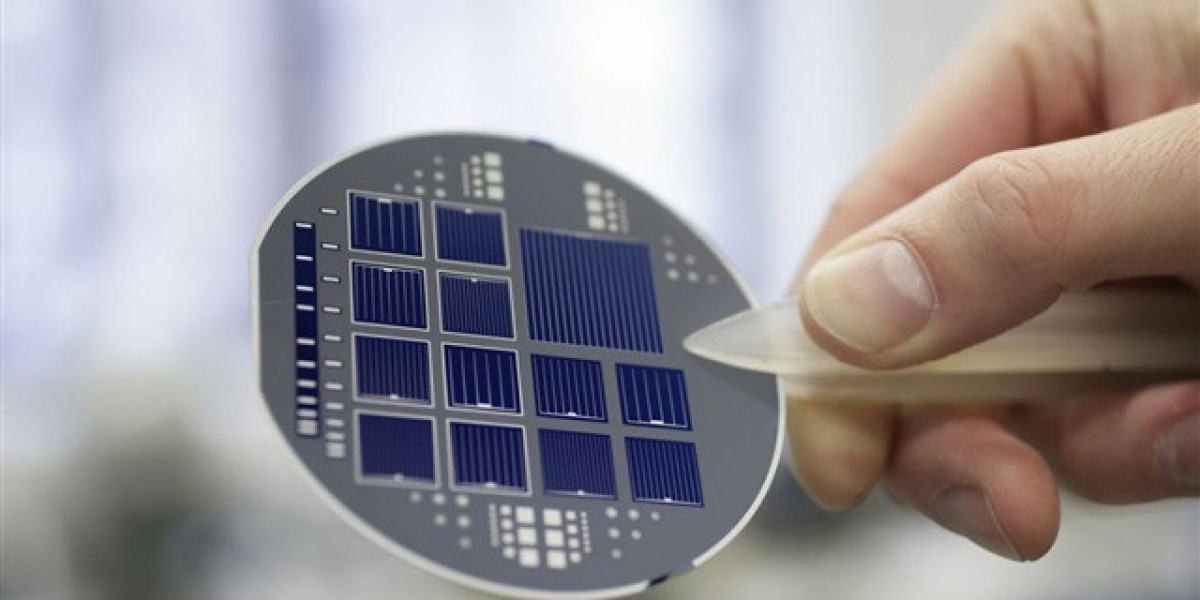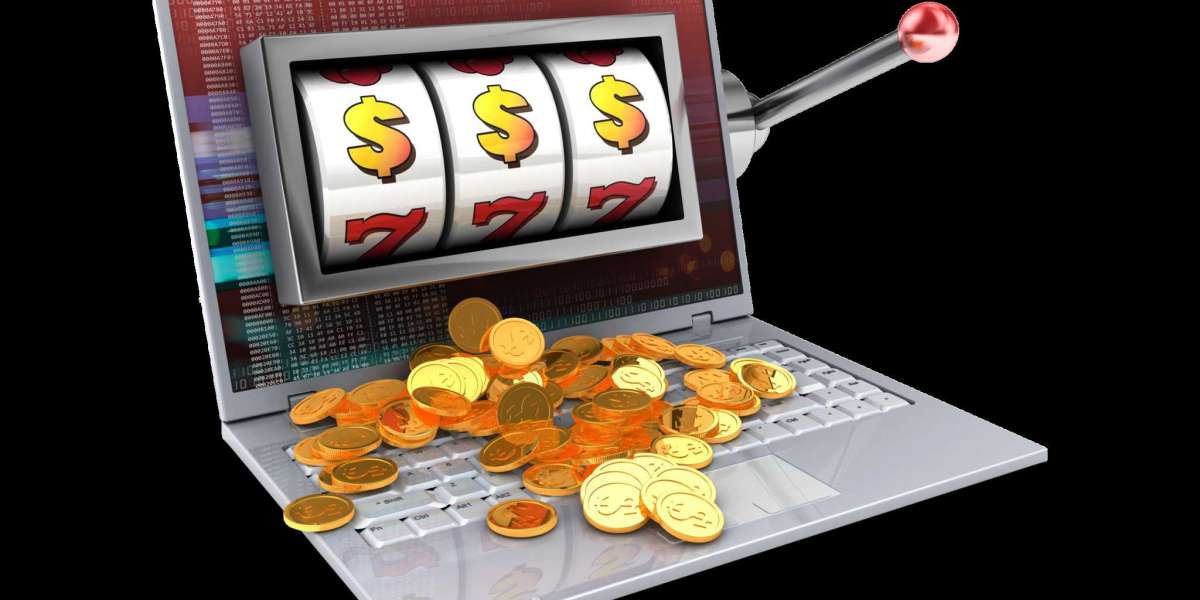Use of Technology with the election
The combination of politics and technology covers concepts, mechanisms, personalities, efforts, and social movements including but not necessarily limited to the Internet and other Information and Communication Technologies (ICTs).
A growing body of scholarship has begun to explore how internet technologies are influencing political communication and participation, especially in terms of what is known as the public sphere.
An influential and transformational communication and information technology is the mobile phone(or)smartphone,which can include: talk, text messaging, Internet and Web access, electronic mail, faxing, pictures, video, and a wide variety of apps. Mobile devices are proving to increase political participation and are now even being portrayed as a voting gadget in even the least developed countries. Increased availability of the mobile phone and subsequent access to the public sphere has enhanced the ability of individuals and groups to bring attention to and organize around specialized issues.
More recently, social media has emerged to become one of the main areas of influence for politics, where millions of users are able to learn about politicians, policies and statements, interact with political leaders, organize, and voice their own opinions on political matters. For instance, the influence of mainstream rappers like Stormzy, Professor Green and Kano, on young voters through the use of social media has brought an increased amount of young voters to the polls.
In the 2017 London election the spike in youth turnout changed political analysis, with age replacing class for the first time as the best predictor of voting intention. In the 2019 London election, of 18-25 year olds 56% voted Labour and 21% Conservative. Although this cannot ever be wholly contributed to the backing of Corbyn by UK artists, the effect cannot be underestimated. In a letter to the Guardian, put together by the Grime4Corbyn movement, many artists urge voters to back Labour to “end austerity, rebuild our communities and take back the means to change our lives for the better”.Securing the backing of Stormzy, one of the UK's biggest recording artists, is a major coup for the Labour party and after lending his support in 2017, Stormzy was credited in part for the “youthquake” that boosted Corbyn's party in that year's election.
There are also a wide variety of online tools that are meant to promote political participation and combat the spread of misinformation. A comparison of civic technology platforms can be useful in differentiating the different services offered by each platform.
The idea of the public sphere has generally come to be understood as the open social spaces and public spaces in which private citizens interact and share information and ideas relevant to the society. These can include, for example, town halls, public squares, markets, coffee shops, or what ancient Greeks called agoras. Scholars have argued that these spaces are vitally important for creating and maintaining an active and informed public in a democratic society.
In Jürgen Haberma'sbook The Structural Transformation of the Public Sphere – An Inquiry into a Category of Bourgeois Society, he defines the public sphere as "a realm of social life in which public opinion can be formed." In principle, the public sphere should be open to all citizens, and free from influence from governments or private businesses. Habermas goes on to argue that:
"A portion of the public sphere is constituted in every conversation in which private persons come together to form a public. They are then acting neither as business or professional people conducting their private affairs, nor as legal consociates subject to the legal regulations of a state bureaucracy and obligated to obedience. Citizens act as a public when they deal with matters of general interest without being subject to coercion; thus with the guarantee that they may assemble and unite freely, and express and publicize their opinions freely."








